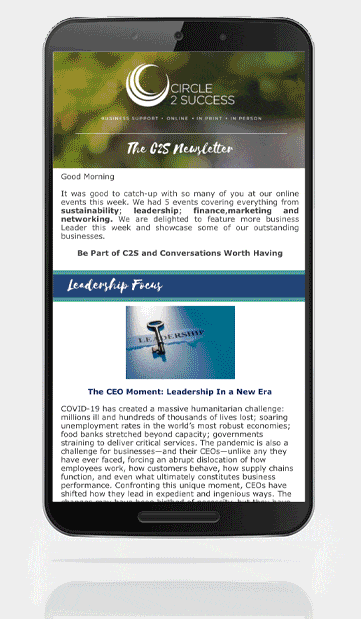Using Your Business to Boost Social Mobility Is a Win-Win for Society and You
Post Brexit and the following Covid pandemic, attracting and retaining talent is a common challenge for many UK businesses, especially for those with a large workforce and/or who rely on manual labour e.g. manufacturing, construction, hospitality, agriculture, cleaning.
If your business is suffering with high turnover and/or you’d like to explore a new, more inclusive way of recruiting committed workers, as well as increasing social mobility, a great avenue to explore is supporting chronically under-employed populations.
Gloucestershire B Local Recently Hosted a Webinar on This Topic Where Our Panellists Shared:
- How to go about recruiting and developing new staff members from chronically under-employed populations, specifically, long-term prisoners at the end of their sentence, people having experienced homelessness and less-advantaged young people
- Positive outcomes of recruiting and developing new staff members from chronically under-employed populations
- Challenges of recruiting and developing new staff members from chronically under-employed populations and how to overcome them
We Heard Real-Life Examples From:
1. Justin Young, Operations Director, Cotteswold Dairy
Cotteswold Dairy Ltd is a family business established in 1938, employing over 470 staff, and is supplied with 100M litres of milk annually from over 65 local family run farms.
Post Brexit and the following Covid pandemic led to a general reduction in the migration of the foreign workforce often relied upon by the manufacturing sector. Through a social innovation project the company explored the purposeful approach to employing long term prisoners in their journey towards community resettlement.
Outcomes:
The project has been running for 2 years and the business now employs 8-12 prisoners who are released from prison daily. Two prisoners from the program with spent convictions have now been conventionally recruited and fully integrated, re-settled and supporting the local community. The recruitment method has provide both shareholder and stakeholder positive value.
2. Christy Acton, Founder & CEO of Standing Tall
Standing Tall is a not-for-profit organisation dedicated to reducing homelessness across the UK by helping individuals rebuild their lives with resilience and independence. Currently operating in Birmingham, London, and Manchester, and expanding to Bristol, Leeds, and Liverpool in September 2024, Standing Tall partners with responsible businesses to create real change.
They match individuals who have experienced homelessness and are ready to return to full-time work with stable, Living Wage jobs. Alongside this, they provide safe homes through their Amici hosts. After six months, individuals are ready to move into their own homes.
Outcomes:
This powerful combination of stable employment and safe homes offers a life-changing opportunity for those who have had a tough time, helping them break free from the cycle of homelessness for good.
3. Emma Colwill, Co-Founder, Not Impossible
Not Impossible is on a mission to fuel social mobility across the South-West England by fixing work experience for less advantaged young people. Nationally only 1/3 young people do work experience through the traditional 5-day model, which can disadvantage those without family connections.
Their micro-placements (1-hour to 1-day) make hosting work experience easy and beneficial for busy employers. They provide opportunities for young people (16-25) to find work that matters to them, whilst helping employers meet young people from diverse backgrounds. They smart-match employees one-to-one with a young person who shares their passion and personality to create highly meaningful experiences.
Outcomes:
Young people experience new opportunities, build their networks and receive career advice from professionals. Employers widen talent pipelines and offer development opportunities for employees looking to build people management/mentoring skills. It’s high-impact volunteering for employees, as well as a practical way to introduce more young people into work, advance DEI outcomes and fuel social mobility.
Practical Actions to Aid Social Mobility
I see a three-pronged approach you could take with your business to help break cycles of disadvantage and drive social mobility.
1. Preventative: Provide purposeful work experience opportunities to young people from disadvantaged backgrounds, with an organisation like Not Impossible.
2. Immediate support: donate to organisations, like Standing Tall, which are making systemic change and providing homeless people with the skills to get themselves into a more stable situation.
3. Regenerative/long-term support: set a target of recruiting and developing your workforce from chronically under-employed groups e.g. prisoners, people experiencing homelessness, disadvantaged young people, people living with disabilities, with organisations like Standing Tall, New Futures Network, Women’s Work Lab, We work for everyone.
If you’d like to explore how to develop and engage your workforce, contact me on camilla@betterbusinessbetterworld.org to discuss how B Corp certification helps with this.







